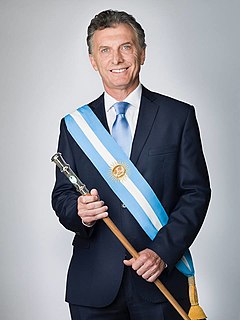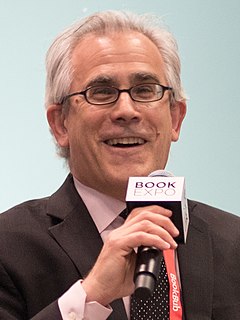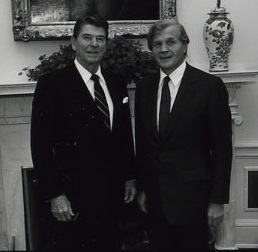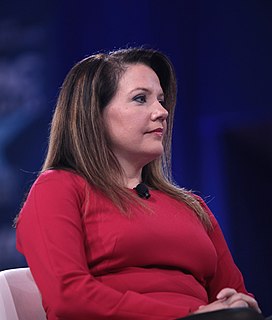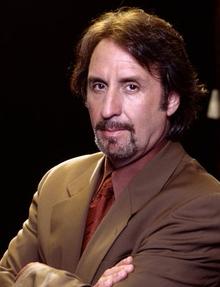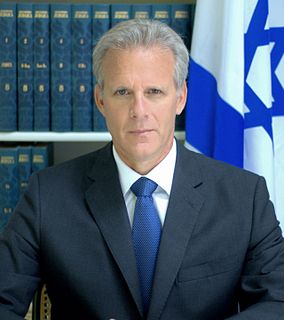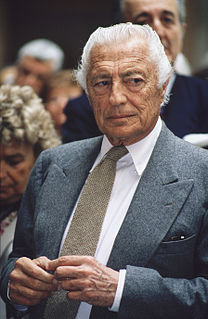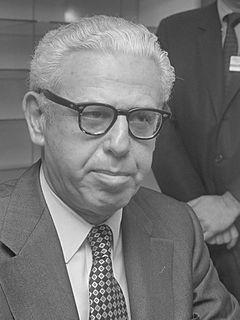Top 1200 American Foreign Policy Quotes & Sayings
Explore popular American Foreign Policy quotes.
Last updated on April 14, 2025.
If I were Donald Trump, I would definitely not pick Mitt Romney because it's very easy for Mitt Romney to have have a separate foreign policy operatus in the State Department that would run a dissenting foreign policy from the White House foreign policy. There, I think the populist America-first foreign policy of Donald Trump does run against a potential rival.
This is the problem with foreign policy - talking about foreign policy in a political context. Politics is binary. People win and lose elections. Legislation passes or doesn't pass. And in foreign policy often what you're doing is nuance and you're trying to prevent something worse from happening. It doesn't translate well into a political environment.
The thing that should most concern us is a shift in American foreign policy. We have had a bipartisan belief in American foreign policy based on the post-World War II institutions that believed in democratic global world, which Russia and the Soviet Union was often seen as hostile to. And most Republicans and Democrats have always basically believed in this world order. Donald Trump and Vladimir Putin and maybe Marine Le Pen do not agree with this basic structure of the world.
So what we have is an American foreign policy that is inextricably linked to domestic matters. It is very dangerous for a politician who desires nothing more than to stay in office to address the mindset that any change in policy is appeasement. And Americans will accept that for a certain amount of time.
Pakistan is, I always feel, hopeful. You know, our system of government is not, and the system of foreign policy whereby we do whatever is asked of us as long as the price is right only proves to fundamentalist outfits and to militant groups that when we talk of things like democracy, when we talk of things like foreign policy, what we're really talking about is being pro-American.
Bipartisanship on behalf of an imprudent policy can be folly, just as partisanship on behalf of a just cause can be wise. What is clear is that politics will not stop at the water's edge simply because presidents plead for it. American foreign policy will return to the tradition of Truman and Vandenberg only when the American public demands it.
There are those who would draw a sharp line between power politics and a principled foreign policy based on values. This polarized view - you are either a realist or devoted to norms and values - may be just fine in academic debate, but it is a disaster for American foreign policy. American values are universal.
Foreign policy always has more force and punch when the nation speaks with one voice. To remain secure, prosperous, and free, the United States must continue to lead. That leadership requires a president and Congress working together to fashion a foreign policy with broad, bipartisan support. A foreign policy of unity is essential if the United States is to promote its values and interests effectively and help to build a safer, freer, and more prosperous world.
We are apt to say that a foreign policy is successful only when the country, or at any rate the governing class, is united behind it. In reality, every line of policy is repudiated by a section, often by an influential section, of the country concerned. A foreign minister who waited until everyone agreed with him would have no foreign policy at all.




